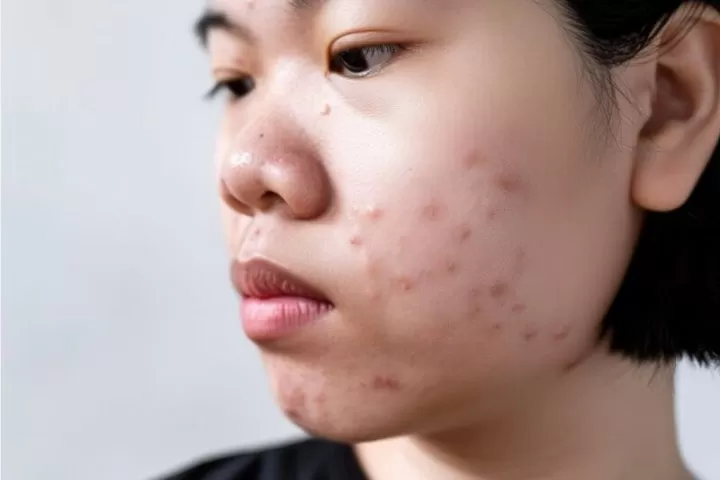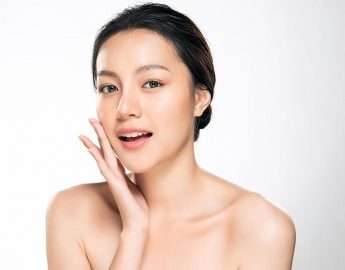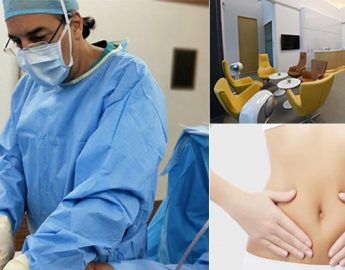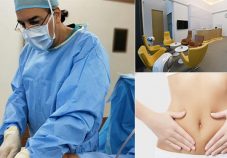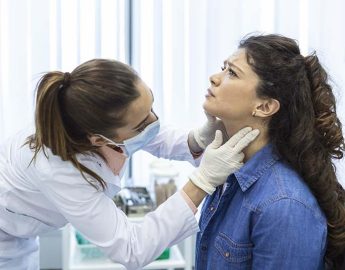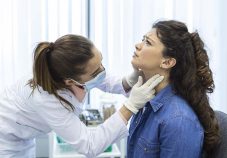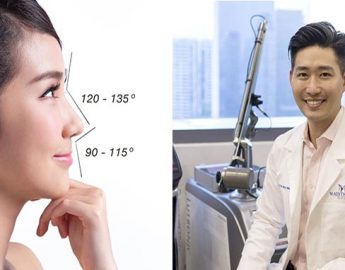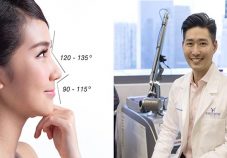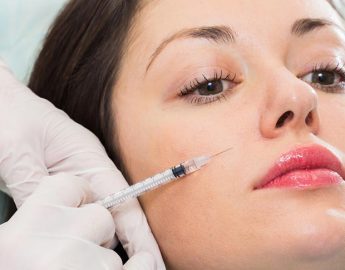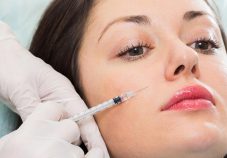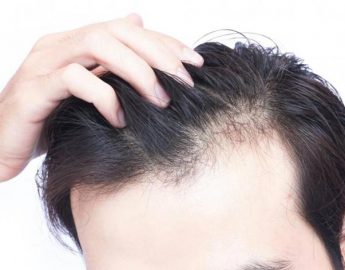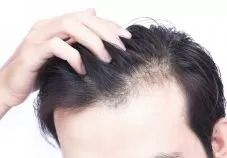Acne is a common skin condition that affects individuals of all ages, causing pimples, blackheads, whiteheads, and cysts. Effective acne treatment focuses on reducing sebum production, encouraging cell turnover, and preventing inflammation. The best approach typically combines topical and oral medications, lifestyle changes, and professional treatments. Here’s an overview of the best acne treatments:
1. Topical Treatments for Acne
Topical medications are often the first line of defence against acne. They help reduce bacteria, inflammation, and oil production on the skin’s surface.
- Benzoyl Peroxide: An antibacterial agent that kills acne-causing bacteria and reduces inflammation. Available in different strengths, it can be used as a spot treatment or applied to acne-prone areas.
- Salicylic Acid: A beta hydroxy acid (BHA) that exfoliates the skin and clears out clogged pores. It also has anti-inflammatory properties, making it effective for mild acne.
- Retinoids: Derived from vitamin A, retinoids (such as adapalene and tretinoin) promote skin cell turnover and prevent clogged pores. They are highly effective for moderate to severe acne but can cause irritation initially.
- Azelaic Acid: A gentle option that targets bacteria and inflammation while improving post-acne hyperpigmentation.
2. Oral Medications for Acne
For more severe or persistent acne, oral medications may be prescribed. These work internally to target the root causes of acne.
- Antibiotics: Doxycycline and minocycline are commonly prescribed to reduce inflammation and kill bacteria in moderate to severe acne. Long-term use is discouraged due to the risk of antibiotic resistance.
- Oral Contraceptives: For women with hormone-related acne, birth control pills that regulate hormone levels can help control breakouts. The effectiveness of oral contraceptives for acne can vary from person to person. It’s important to discuss potential side effects and suitability with your doctor.
- Isotretinoin: A potent oral retinoid, isotretinoin (commonly known as Accutane) is reserved for severe or cystic acne. It reduces sebum production, unclogs pores, and has long-lasting effects. However, it requires careful medical supervision due to its potential side effects.
3. Clinic Treatments for Acne
Professional acne treatments performed by doctors or dermatologists can effectively treat acne and help minimise scarring.
- Chemical Peels: These involve applying a chemical solution (such as glycolic or salicylic acid) to exfoliate dead cells and promote new skin growth. Peels can reduce active acne and improve skin texture.
- Laser and Light Therapy: Laser treatments, such as pulsed light and blue light therapy, target acne-causing bacteria and reduce inflammation. Laser resurfacing can also improve acne scars, making it a popular option for both active acne and post-acne scar treatment.
- Cortisone Injections: For large, painful cystic acne, cortisone injections can quickly reduce inflammation and swelling, often clearing the cyst within a few days.
- Specialised Treatments: Specialised treatments often combine advanced skincare technology with personalised care to address individual needs, complementing other medical or cosmetic treatments for a more holistic approach.
4. Lifestyle and Skincare
A consistent skincare routine and lifestyle changes can complement medical treatments and prevent future breakouts.
- Gentle Cleansing: Use a mild cleanser to remove excess oil and dirt without over-drying the skin.
- Oil-Free Moisturisers: Even oily skin needs hydration. Choose non-comedogenic, oil-free moisturisers to maintain the skin’s moisture balance.
- Sun Protection: Sunscreen is essential, especially when using acne treatments like retinoids, which can increase sun sensitivity.
- Healthy Diet: Reducing sugar and processed foods may help manage acne by minimising hormonal fluctuations.
- Stress Management: Stress is known to worsen acne, so practices like mindfulness, yoga, and regular exercise can help.
5. Natural Remedies for Acne
While not as clinical as medical treatments, some people find natural remedies helpful in managing acne.
- Tea Tree Oil: A natural antiseptic that can reduce inflammation and fight bacteria. It’s a popular choice for mild acne.
- Aloe Vera: Known for its soothing properties, aloe vera can help reduce redness and inflammation associated with acne.
Summary: Your Path to Clearer Skin with the Right Acne Solution
There is no one-size-fits-all solution for acne treatment. The best approach depends on the type and severity of your acne, your skin type, and how you respond to various treatments. Options such as topical treatments, oral medications, and professional interventions, combined with lifestyle adjustments, can all be effective strategies. Consulting a doctor or dermatologist is often the best way to tailor a treatment plan to your specific needs, ensuring optimal results with minimal side effects.


